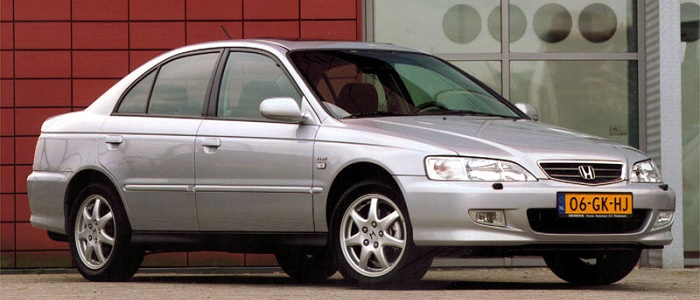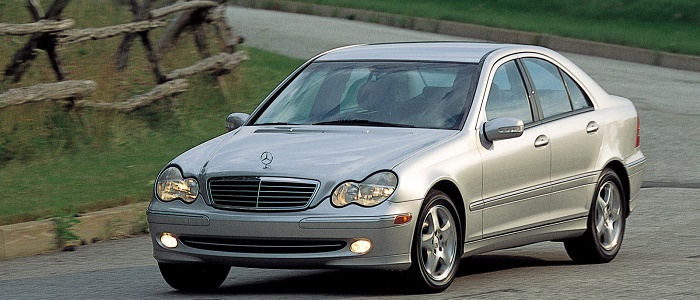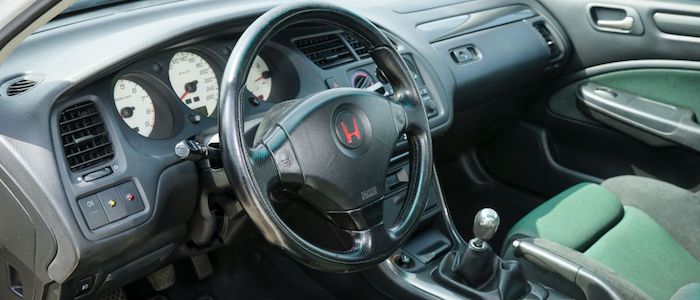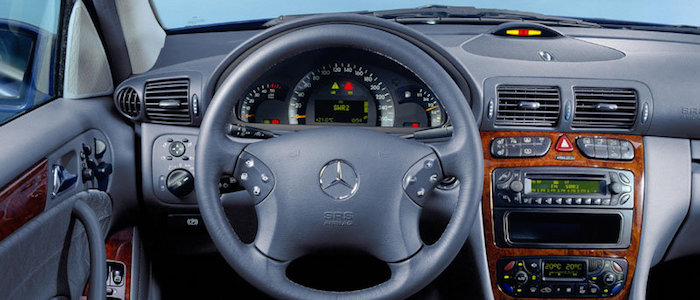Compare two cars
Compare any two cars and get our Virtual Adviser™ opinion
Marketing
Dimensons & Outlines
Engine
1.8 M271 E18 ML
Performance (manual gearbox)
Performance (automatic gearbox)
Expenses
Virtual Adviser's™ opinion
Two significantly similar cars, no doubt about that. Still, each one has something different to offer. Having both cars powered by petrol engines and utilizing the 4-door sedan body style within the same 'Large family car' segment, the only major difference here really is their wheel drive configuration (front for the Honda and rear in the case of the Mercedes Benz). The first one has a Honda-engineered powertrain under the hood, a 4-cylinder, 16-valves 138hp unit, while the other one gets its power and torque from a 4-cylinder, 16-valves 143hp engine designed by Mercedes Benz.
SafetyThe first thing to look into here would be the results from European New Car Assessment Programme (Euro NCAP) tests performed on the two cars. Good thing is that both vehicles got tested, with the same number of safety stars gained in the process. That aside, let's consider some other aspects which affect safety. Both vehicles belong to the large family car segment, which is generally a good thing safety-wise, still it doesn't help us solve our dilemma, does it? On the other hand, when it comes to weight, a factor that most people underestimate, the German car offers a marginal difference of 5% more metal.
ReliabilityManufacturers have been building their reliability reputation for decades now and, generally speaking, it appears that Honda is significantly less fault-prone, at least on all of the models level. That's the official data, while our visitors describe reliability of Honda with an average rating of 4.7, and models under the Mercedes Benz badge with 4.4 out of 5. Some independent research have also placed Accord as average reliability-wise, and C is more or less at the same level.Above it all, drivers of cars with the same engine as the Japanese car rank it on average as 4.6, while the one under the competitor's bonnet gets 3.9 out of 5.
Performance & Fuel economyMercedes Benz is a bit more agile, reaching 100km/h in 0.7 seconds less than its competitor. In addition to that it accelerates all the way to 223 kilometers per hour, 18km/h more than the other car. When it comes to fuel economy things look pretty much the same for both cars, averaging around 8.4 liters of fuel per 100 kilometers (34 mpg), in combined cycle.
Verdict
Honda appears just a bit more reliable, although the difference is truly marginal. The most important thing when deciding between any two vehicles should always be safety, both passive and active. In my opinion, everything taken into account, the German car offers slightly better overall protection and takes the lead. It all continues in the same direction, with Mercedes Benz offering somewhat better performance, just enough to call it quicker. Fuel consumption is more or less the same. It's really tough to make a final decision here, but if I'd need to, I'd say Mercedes Benz. In any case that's my personal view, built upon all the data available to me. What should decide here though is the way you feel about the two vehicles, and I hope you'll find my guidelines useful in the process. In case you have two minutes to spare I invite you to define your needs, desires and budget and see which car would be chosen by the virtual adviser™, out of 12.000+ vehicles we currently have in our database.
































